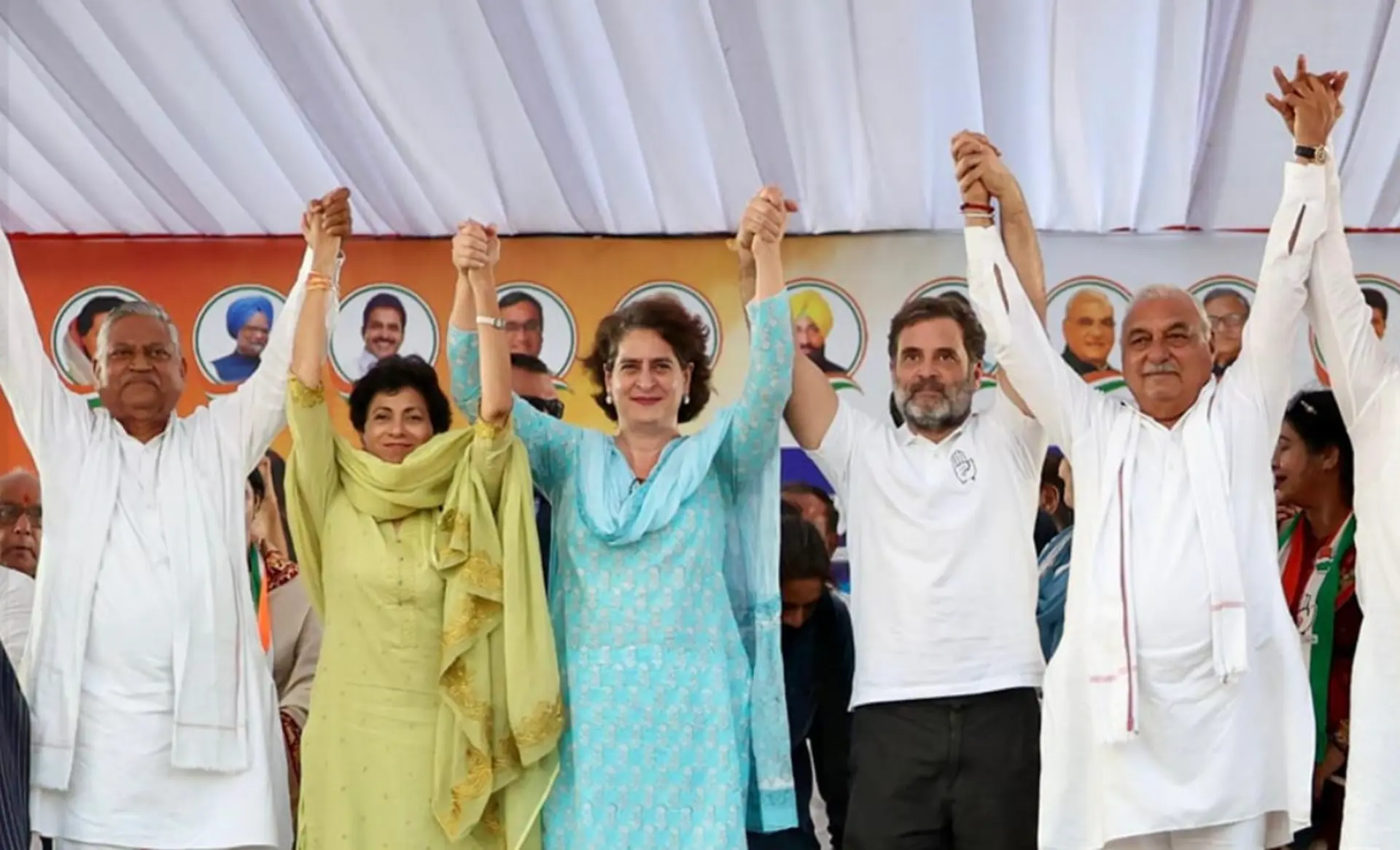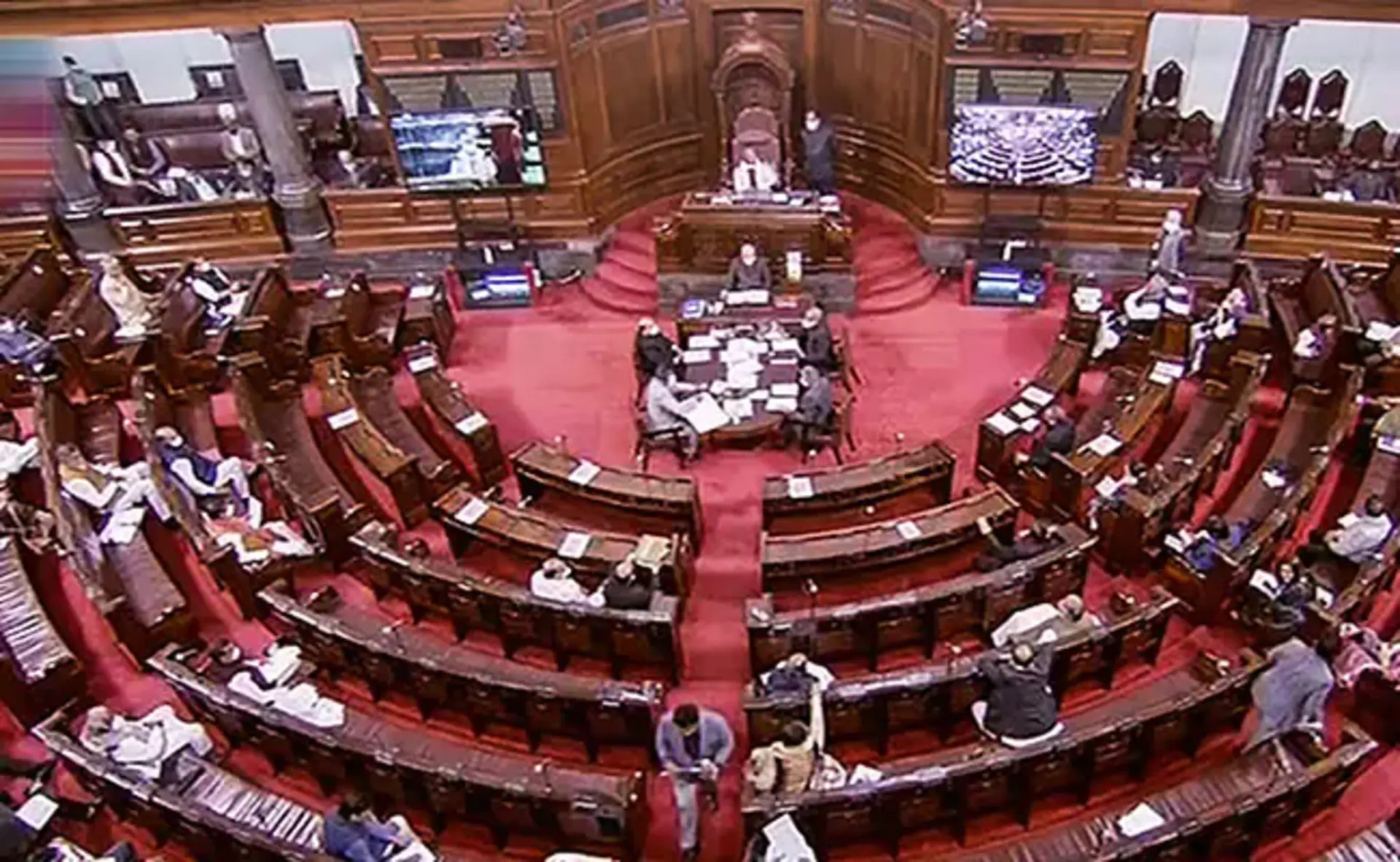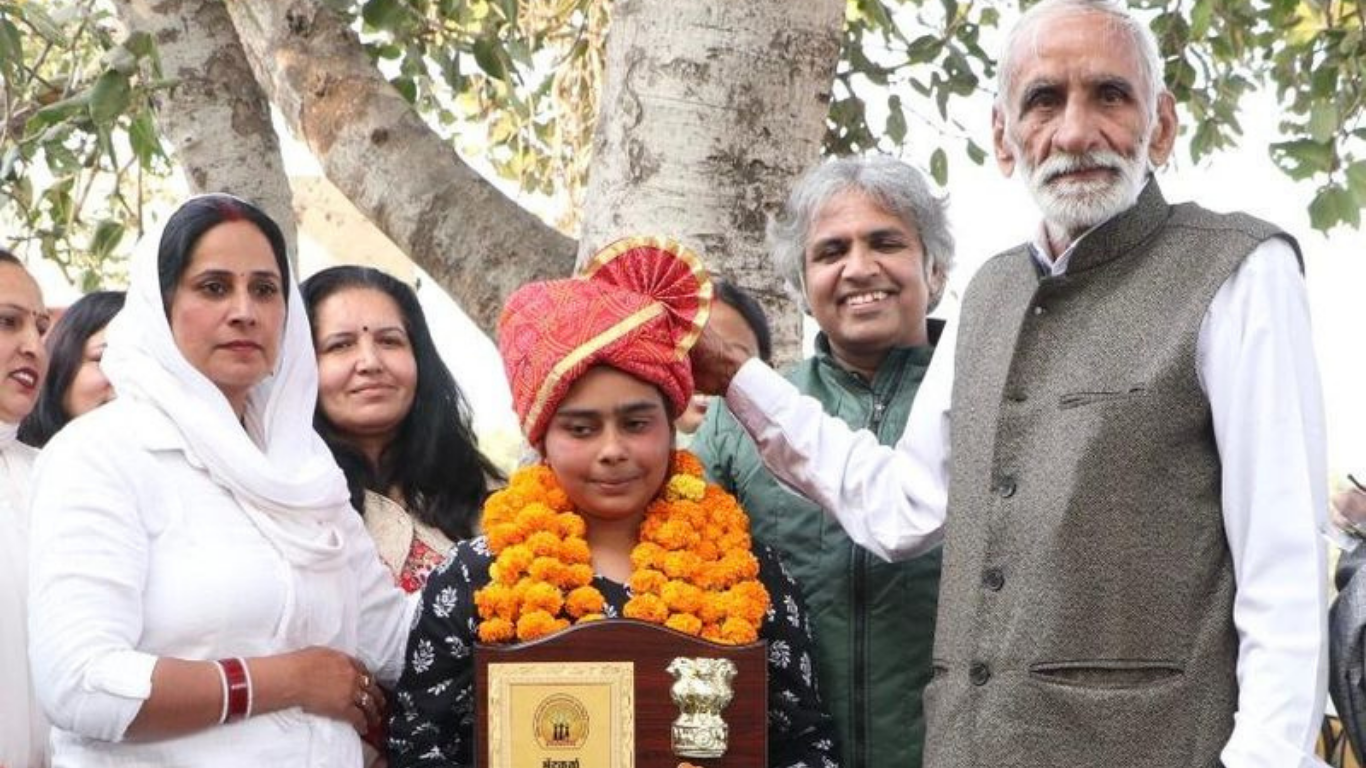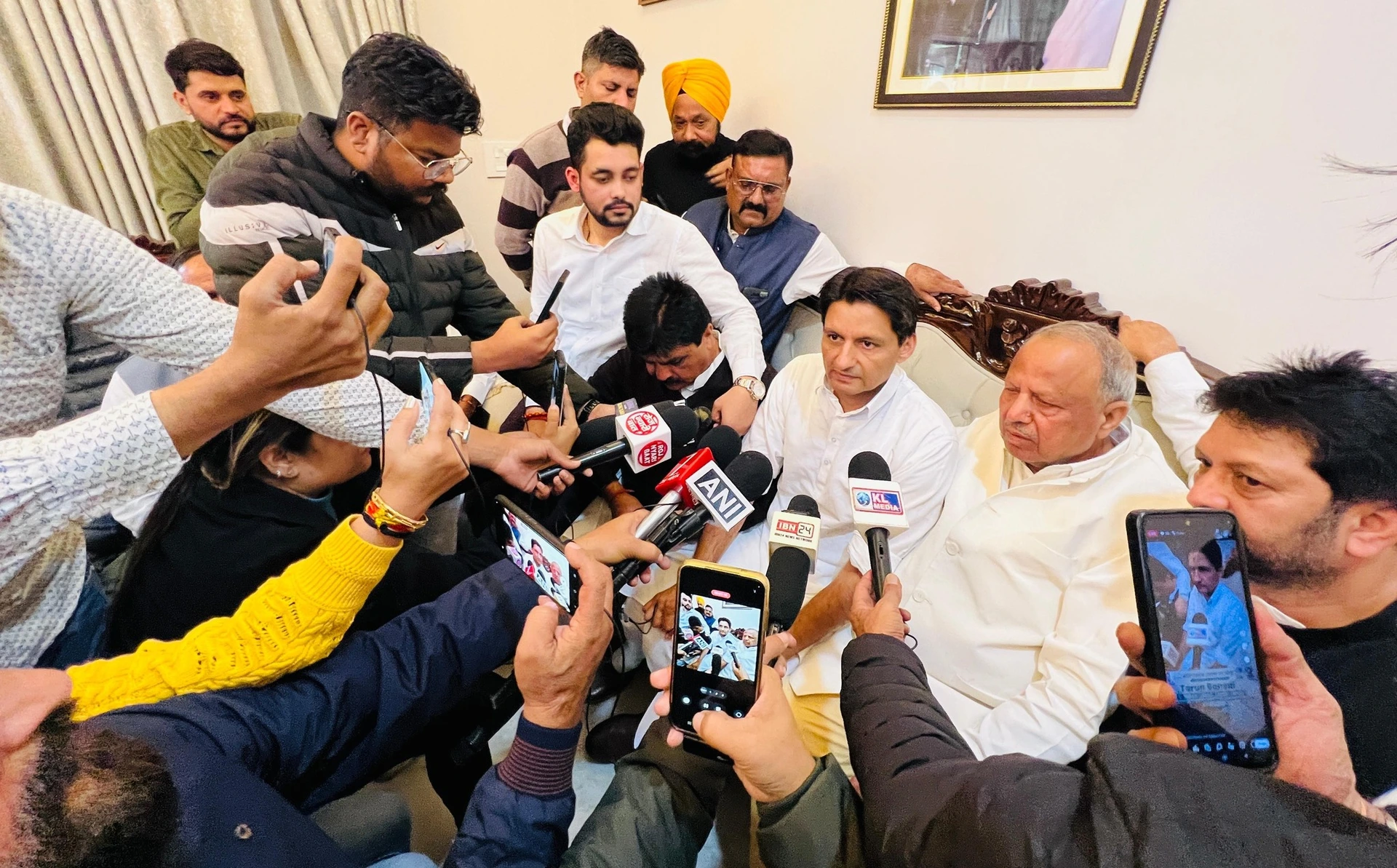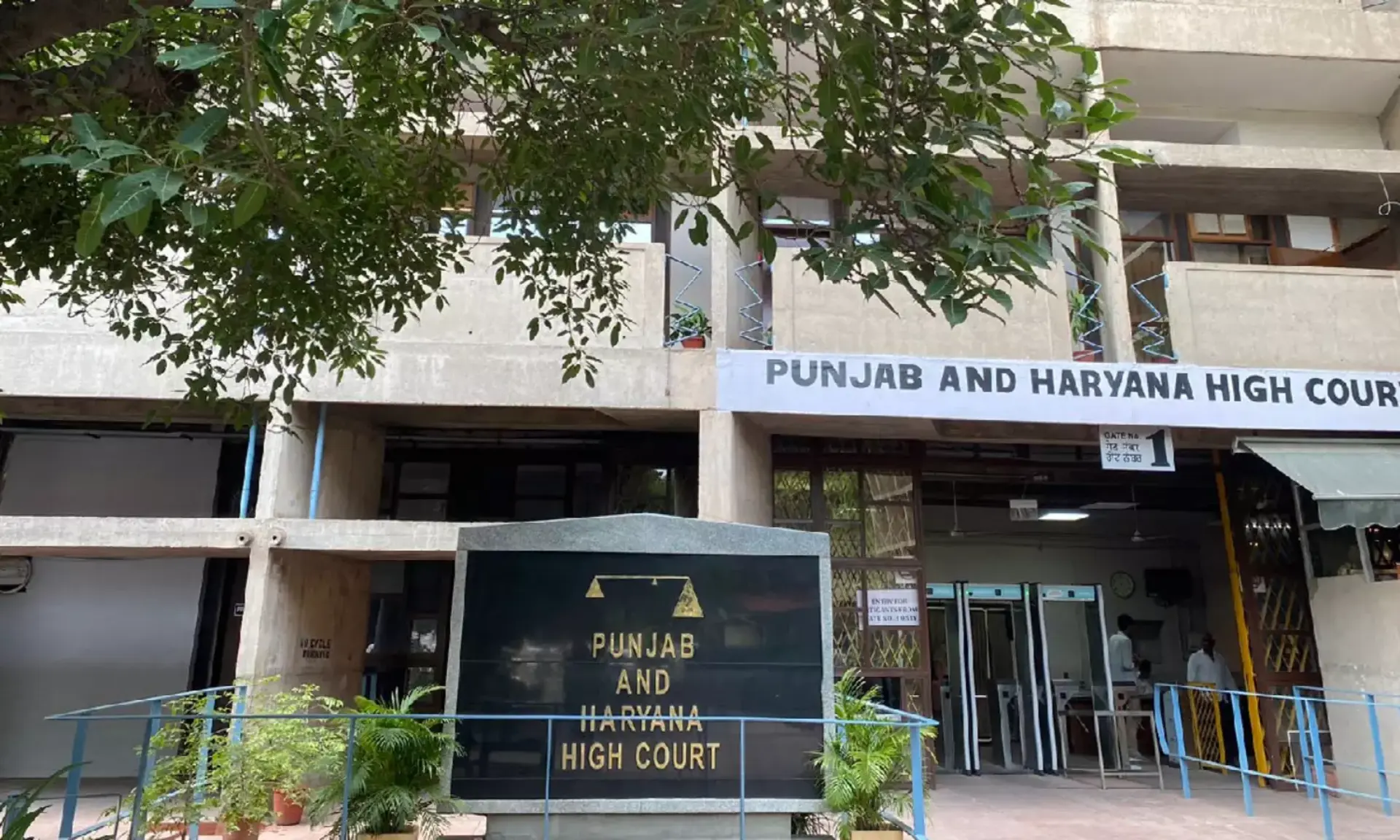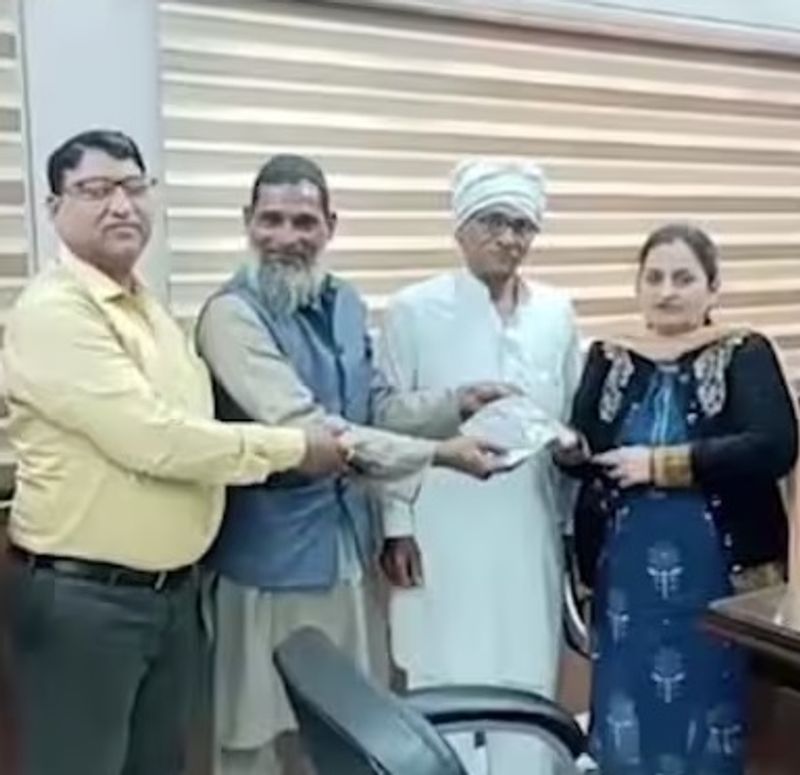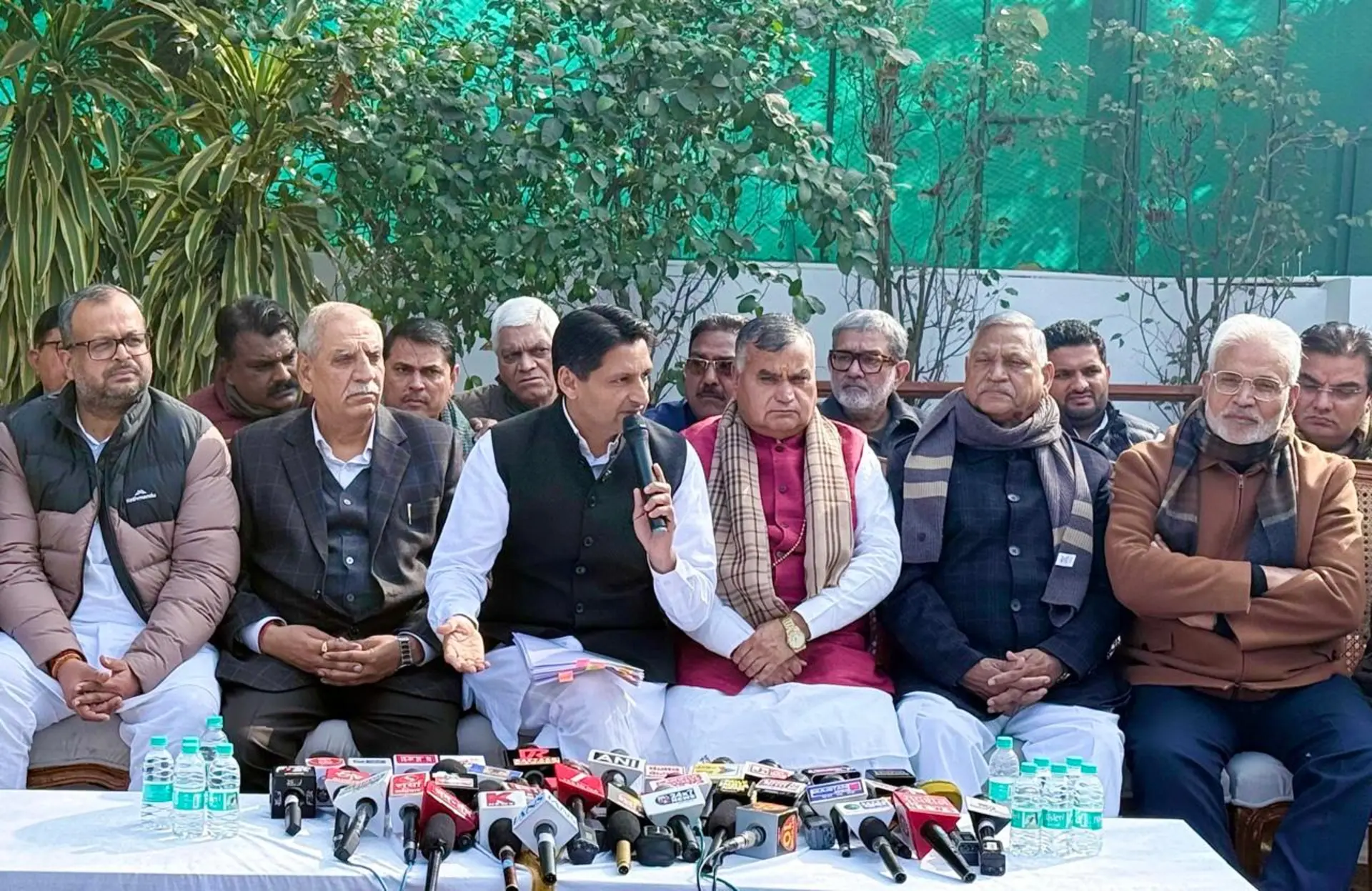
A recent internal survey conducted by the Congress party has shed light on the significant impact of rebel candidates on the party's performance in the Haryana Assembly elections. The survey reveals that the party lost 16 crucial seats due to the presence of rebel candidates, potentially altering the electoral landscape in the state.
The Rebel Factor
The survey's findings indicate that in many constituencies, the number of votes polled by rebel candidates was considerably higher than the margin by which official Congress candidates lost. This revelation has sparked discussions within the party about ticket distribution and the need for better management of internal dissent.
For instance, in the Kalka constituency, the Congress candidate lost by a margin of about 11,000 votes, while the rebel candidate in that seat polled nearly 32,000 votes. Similarly, in Pundri, a rebel candidate garnered almost 40,000 votes, causing the official Congress nominee to finish third.
Narrow Defeats and Missed Opportunities
Several constituencies saw extremely close contests where the presence of rebels proved decisive. In Uchana Kalan, the Congress candidate lost by a mere 32 votes, while the rebel candidate secured over 31,000 votes. The Dabwali seat saw the Congress nominee lose by just 610 votes, with three independent (rebel) candidates collectively polling nearly 2,000 votes.
These narrow defeats highlight the potential impact of better party unity and discipline on the overall election results.
Unexpected Outcomes
In some cases, rebel candidates not only affected the party's chances but also emerged victorious themselves. The Bahadurgarh seat was won by a Congress rebel running as an independent, while the official party nominee finished third.
The survey also pointed out instances where multiple rebel candidates significantly impacted the results. In Sohna, two independent (rebel) candidates collectively polled nearly 70,000 votes, leading to the defeat of the official Congress candidate by around 11,000 votes.
Lessons for the Future
This internal survey serves as a wake-up call for the Congress party in Haryana. It underscores the need for more effective ticket distribution, better management of party dissent, and improved strategies to maintain party unity during elections.
As the party reflects on these findings, it faces the challenge of addressing internal conflicts and strengthening its organizational structure to prevent such setbacks in future elections.
The Haryana Story will continue to monitor developments within the Congress party and their potential impact on the state's political landscape. Stay tuned for further updates on this evolving situation.



